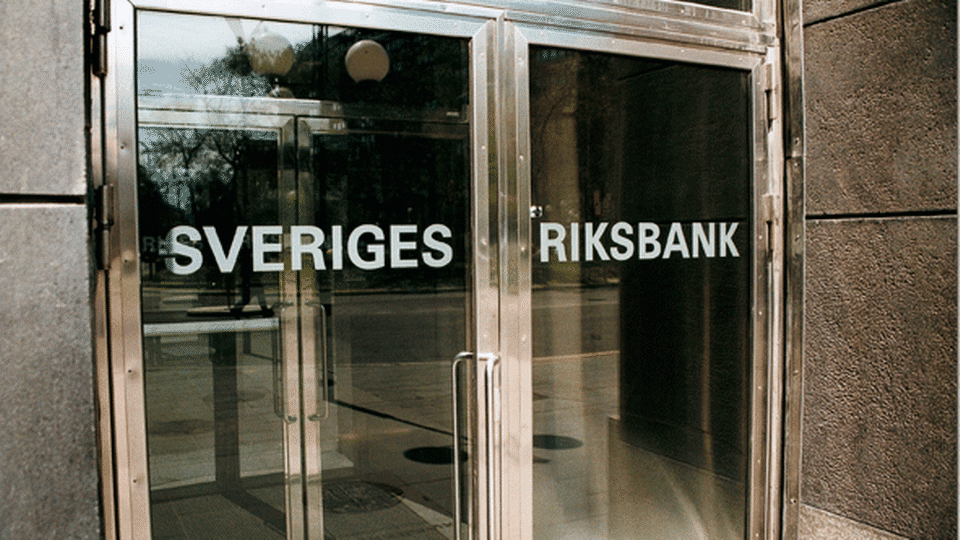Bond managers balk at Riksbank proposal to reform credit market

Last week, Sweden's central bank repeated its call to improve the market's functioning but added a new demand: revise the regulatory framework so corporate bond funds "cannot offer daily redemptions," according to its Financial Stability report.
But given that the majority of fund investors are UCITS regulated – and hence cater to private individuals and small investors – such a step has the potential to make matters even worse, according to some market participants.
Maria Ljungqvist, a manager at Aktie Ansvar in Stockholm, warns a ban on withdrawals would be "a drastic step" and says "it feels like the Riksbank wants to go backwards. I prefer measures that contribute to developing the market instead."
Other managers such as Fredrik Tauson at Nordic Cross say a blanket ban would be too heavy-handed.
"It would be a mistake to put all corporate bond funds under the same roof since the strategy of how you manage liquidity differs between funds," Tauson said.
He points to differences in credit quality to illustrate the point.
"In general, the liquidity in small high-yield issuers can dry up pretty fast, while the market for larger investment-grade issuers is much more liquid."
Sweden has been struggling to address liquidity shortfalls in its credit market since a panic among small investors caused more than 30 bond funds to slam shut at the height of the Covid crisis last year.
The financial regulator then told the industry to come up with its own fixes to improve liquidity and transparency.
"Important and urgent"
The lastest fix the industry settled on was an aggregated daily report of executed bond trades. But it's a model that's been derided by some market players for failing to address the underlying liquidity issues.
The FSA has since said it's planning to revisit the matter next month.
Riksbank governor Stefan Ingves told Bloomberg that it's "important and urgent" that investors understand the illiquid nature of such funds, calling it a "a consumer law issue."
Riksbank's proposal has found support in some corners of the market. Alexander Onica at Skandia Investment Management says the responsibility to make the market work ultimately lies with fund managers.
"A fund that buys any credit and calls it it a liquidity fund with daily trading is asking for problems," Onica said.
But for a central bank trying to keep a lid on companies' borrowing costs through an unprecedented quantitative easing program, the ban on daily withdrawals could have a major unintended consequence.
"If we see investors remove money from the funds, the cost of funding will increase for issuers and hence have a negative effect," said Ivan Adzaip, a debt banker at Arctic Securities.
"That is too soon to do given where we are with the Covid situation."
Riksbank’s covered-bond strategy has USD 24 billion manager worried
Swedbank Robur CEO turns to Baltics for growth as competition on home market spices up
Sweden heavily redacts Blackrock report on credit market woes
















